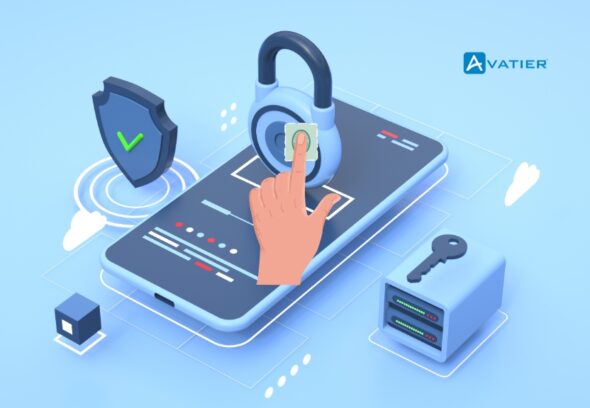Identity and Access Management is a vital part of IT security and SSO is one of the trends that IT professionals need to be aware of. This article will focus on recent SSO trends in the IT industry with particular attention to MFA and the role of the IT department in SSO implementation. IT professionals that are aware of these trends and take them on proactively will keep their organizations ahead of the curve in terms of security and efficiency.
IT Security and IAM
IT security is one of the top concerns of almost all the organizations irrespective of the industries. With the development of technology, the risks of cybercriminals also rise. IAM is one of the integral parts of IT security. IAM encompasses the procedures, practices, and tools deployed to administrate digital identities and govern the rights to resources in an enterprise. SSO is an important part of IAM which allows users to identify themselves once and get access to many applications and systems without having to enter details over and over again.
Single Sign-On Tendencies in the IT Field
SSO has undergone an immense change over years and therefore, it is very important that IT professional keep a track of the latest trends. MFA is one of the notable trends in SSO. MFA provides an extra level of security by demanding the user to provide two or more methods of authentication like a password, a fingerprint scan, or a one-time passcode. MFA is an essential method in minimizing the threats of unauthorized access brought by the growth of advanced cyber attacks.
The other trend in SSO is unifying SSO solutions with cloud-based applications. With many organizations adopting cloud services it is imperative to have an integrated SSO experience across on-premises and cloud-based applications. SSO solutions are becoming popular in the market, giving IT professionals a single identity management approach.
Multi-Factor Authentication and Its Part in SSO
MFA forms an important part of SSO since it brings the additional level of security in the authentication process. However, the traditional form of authentication is the use of passwords which are easily vulnerable. MFA eliminates this threat by forcing the user to establish two or more forms of authentication, and uses a specific authenticator app or code, which makes it almost impossible for attackers to gain unauthorized access.
Another typical way is the use of a physical token, like a smart card or USB device, which produces a one-time passcode that the user must input also with their password. Also, the second popular type of authentication is biometrics that includes the use of special physical features of an individual, for example, the fingerprints or face recognition to confirm the identity of the user.
IT Department in SSO Implementation
Successful implementation of SSO demands careful planning and coordination, where IT department is an essential part in ensuring its deployment and functioning. The IT department should choose and implement the right SSO solution that meets the security needs of the organization and the users. They have to select among different vendors, assess factors like scalability, integration capabilities, and user-friendliness and choose a solution that best fits the needs of their organisation.
After the SSO solution is chosen, the IT department has to collaborate with other departments like HR and legal to define user onboarding, offboarding, and access management policies and processes. They also have to work with the application owners and developers to merge the SSO solution with the applications and systems already in place and making sure that the user experience remains as seamless as before.
Conclusion
It is crucial for IT professionals to stay updated to maintain the security and efficiency of our organizations. SSO is a very important trend in the IT industry and being aware of the newest developments, like cloud-based applications, IT specialists can improve security and simplify access management procedures.
Easily connect, provision, & audit any identity or app in your workforce. Adopting SSO and modern trends in IT security is a proactive measure that should guarantee the safety of highly sensitive data and minimize the consequences of unauthorized access. Being aware and proactive allows IT professionals to handle the changing dynamics of IT security and support the success of their companies.




